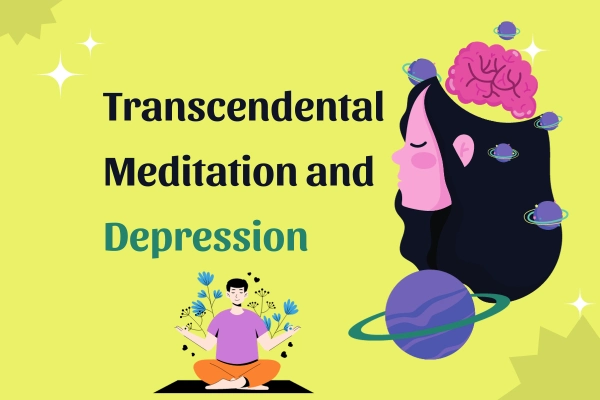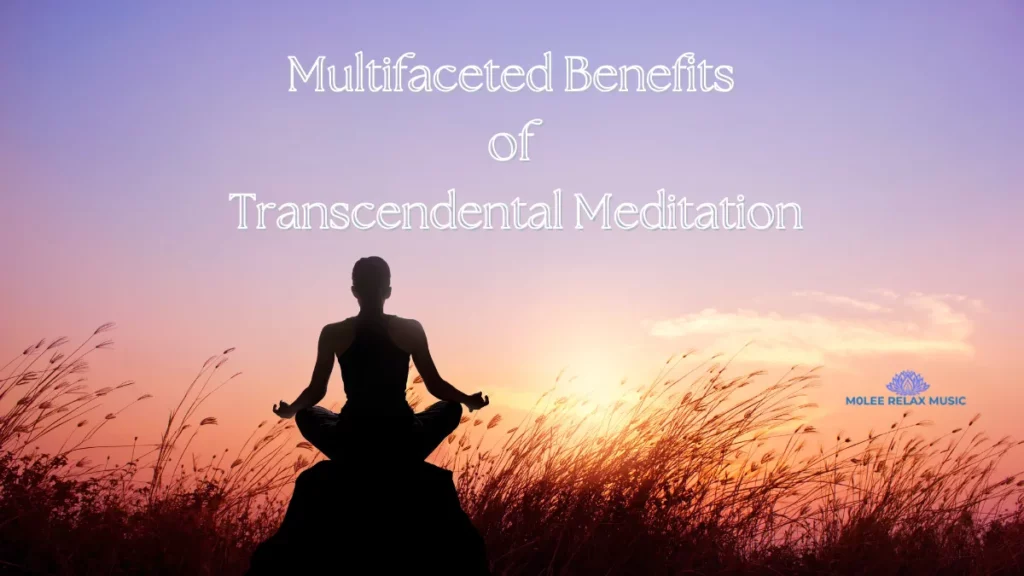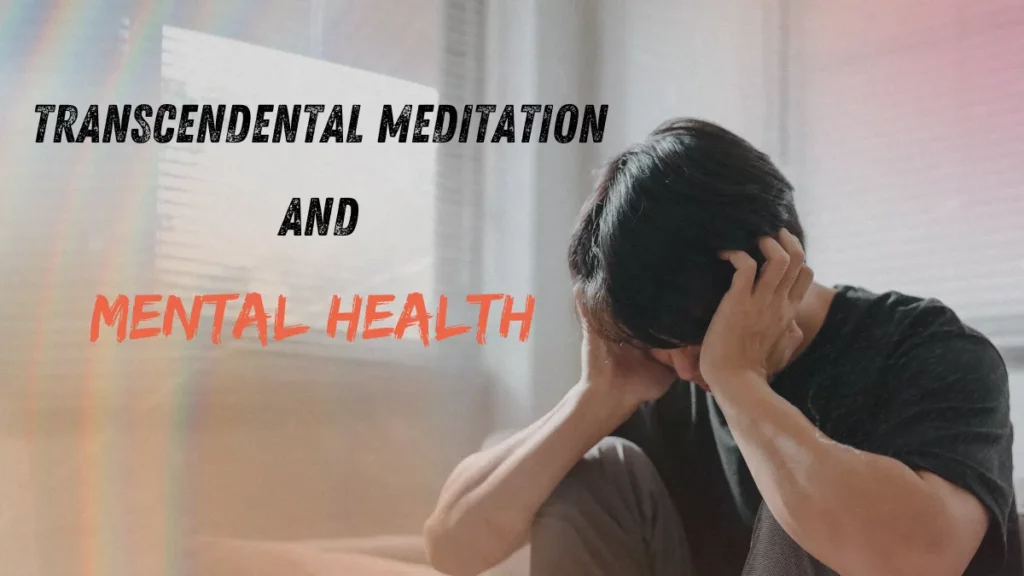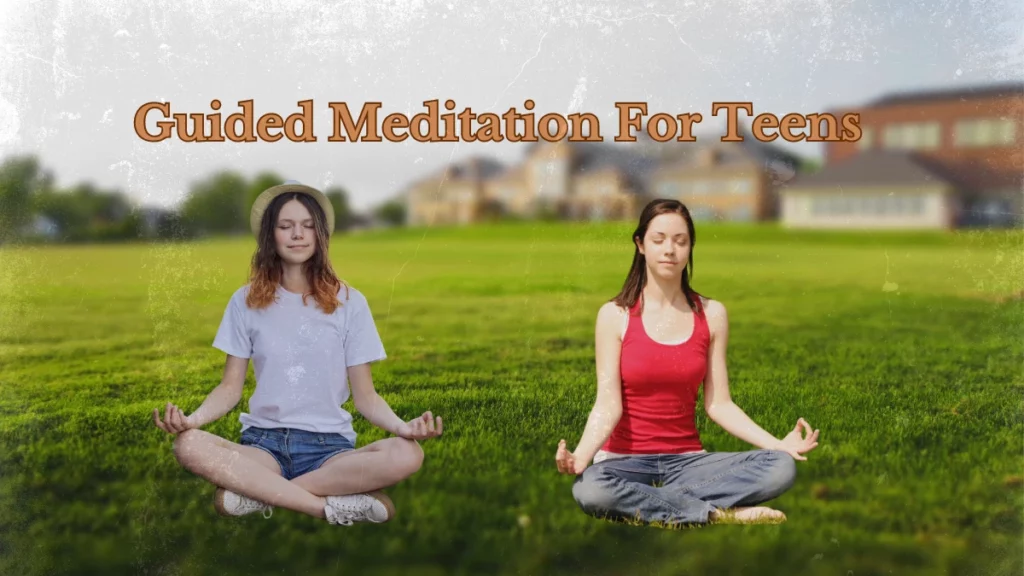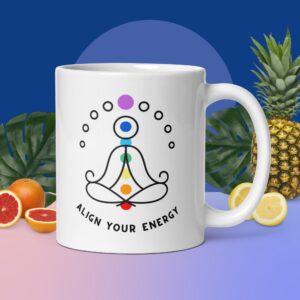|
Getting your Trinity Audio player ready…
|
Imagine a special way to feel better when things seem dark. That’s what transcendental meditation might offer, especially for tough feelings like depression. This article is all about explaining how this meditation might be able to help.
By looking at how science and real-life stories connect, we’ll uncover the relationship between transcendental meditation and depression. TM could bring hope and healing to those struggling with their thoughts.
What is Transcendental Meditation?
Transcendental Meditation (TM) is a form of silent mantra meditation, developed by Maharishi Mahesh Yogi. It is touted as a simple, natural, and effortless practice that can not only reduce stress and anxiety but also improve overall well-being.
At the heart of Transcendental Meditation are a few key principles:
- Effortlessness: Unlike other forms of meditation that may require concentration or visualization, TM emphasizes a natural and relaxed approach.
- Mantras: Each practitioner uses a specific sound or phrase, called a mantra, which is silently repeated to facilitate a state of restful awareness.
Transcendental Meditation Technique
A standard Transcendental Meditation session involves the following:
- Twice daily practice: Typically 20 minutes in the morning and evening.
- Sitting comfortably with eyes closed: This posture promotes relaxation and allows the practitioner to focus on their mantra.
By adhering to this structure, TM practitioners aim to achieve deep relaxation and a state of inner peace, which may help improve mental health conditions like depression.
Read our full detailed article on transcendental meditation and insomnia from here.
Depression
Depression is a common mental disorder characterized by persistent sadness and a lack of interest or pleasure in previously rewarding or enjoyable activities. It can significantly impair an individual’s ability to function at work or in daily life.

Depression is globally prevalent affecting more than 264 million people of all ages. It is the leading cause of disability worldwide and contributes significantly to the overall global burden of disease. The condition is more commonly reported among women compared to men.
Causes of Depression
Depression can arise due to a complex interplay of factors such as genetic predisposition, brain chemistry imbalances, life events (such as trauma, loss, or stress), certain medical conditions, and side effects of medications.
Additionally, environmental, social, and psychological factors play a significant role in contributing to the onset or exacerbation of depressive symptoms.
Symptoms of Depression and Diagnosis
Depression presents through a diverse range of symptoms. They typically include a persistent feeling of sadness, loss of interest in activities, and fatigue. For a clinical diagnosis, these symptoms must be present most of the day, nearly every day for at least two weeks. Diagnosis often involves a physical examination, interview, and sometimes a psychological evaluation by a health professional.
Anxiety vs Depression
Although both anxiety and depression can occur concurrently, they are distinct conditions. Anxiety is characterized by feelings of tension, worried thoughts, and physical changes like increased blood pressure. Depression, on the other hand, often involves low energy, sleep disturbances, and a pervasive sense of hopelessness.
Treatment Modalities
Several treatments for depression exist, including medications, psychotherapy, and Transcendental Meditation. The selection of treatment depends on the severity and type of depression.
Medications typically involve antidepressants, whereas psychotherapy may include approaches such as cognitive-behavioral or interpersonal therapy. Practices like Transcendental Meditation have been shown to potentially augment traditional treatments, improving mental health outcomes.
Can transcendental meditation help with depression?
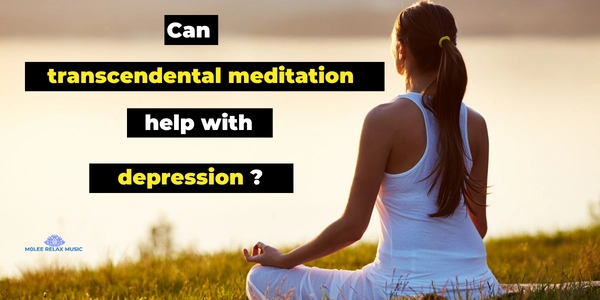
Transcendental Meditation (TM) offers a non-invasive, natural approach to mitigating depressive symptoms. This practice has been scrutinized through various clinical studies pointing towards its therapeutic potential.
Mechanism of Action on Depression
Transcendental Meditation helps individuals achieve a state of deep relaxation which may reset the stress response. Research suggests this practice can enhance the brain’s neuroplasticity, leading to improved emotional regulation. By decreasing the activity of the sympathetic nervous system, TM facilitates a reduction in stress hormones like cortisol, which is often elevated in depression.
Natural Treatment for Depression
Transcendental Meditation is considered a non-pharmacological treatment for depression. Its relaxing effect on the mind and body reduces depression. A relevant choice for those seeking alternatives to traditional meditation for depression. TM’s efficacy lies in its simplicity and the absence of negative side effects, positioning it as a compelling natural treatment for depression.
Transcendental Meditation Benefits on Depression
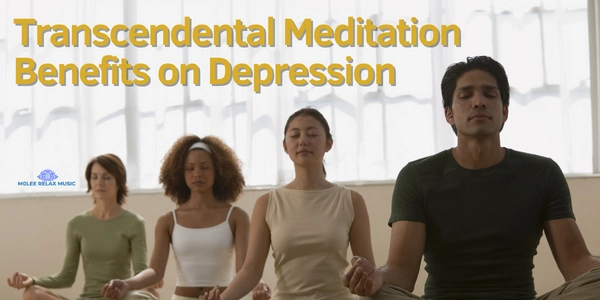
Transcendental Meditation (TM) is known to have a positive impact on individuals experiencing depression. This meditation technique involves the use of a mantra and is practiced for 20 minutes twice a day while sitting comfortably with the eyes closed. It is considered to be an effortless practice where one transcends the active thought process to achieve a state of deep restful awareness.
Key Benefits:
- Stress Reduction: TM helps in significantly reducing stress, which is a common contributor to depression. Research suggests that the practice of TM can lead to decreased production of stress hormones such as cortisol.
- Enhanced Mental Clarity: Individuals often report improved focus and clarity of mind following regular TM practice. This increased mental clarity can be especially beneficial in managing depressive symptoms, which sometimes include foggy thinking or confusion.
Emotional Well-being:
- TM is linked with increased emotional well-being. Those who regularly practice TM often experience reduced levels of perceived depression, anxiety, and stress, enabling a more resilient mindset.
Physical Health Improvements:
- Regular TM technique has been associated with lower blood pressure and improved autonomic stability, which can contribute to the overall physical health of an individual with depression.
Coping Mechanism:
- As a non-pharmaceutical tool, TM serves as an additional coping mechanism for managing depression. It complements existing treatments by providing a method to enhance self-efficacy and personal growth.
Selective studies suggest that the long-term practice of Transcendental Meditation may alter brain function in ways that lead to improved processing of emotions and increased resilience against stress factors that potentially exacerbate depressive symptoms.
Clinical Evidence on Transcendental Meditation and Depression
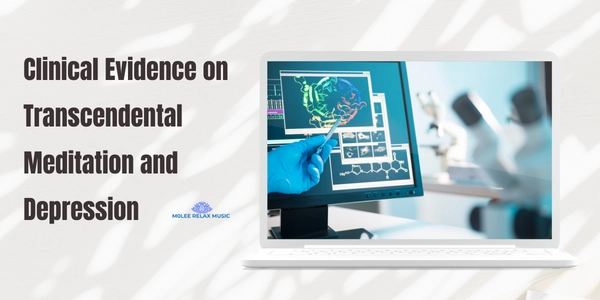
Transcendental Meditation (TM) is scrutinized through clinical research to establish its effects on depression. The evidence spans randomized clinical trials and observational case studies, offering a scientific basis for its application in managing depressive symptoms.
1. Effect of Transcendental Meditation on Employee Stress, Depression, and Burnout: A Randomized Controlled Study
This research[1] was performed to assess the impact of the Transcendental mediation program on psychological distress and burnout among the staff at a therapeutic school for with severe behavioral problems.
40 secondary school teachers and support staff at the Bennington School in Vermont were randomly assigned to either practice Transcendental Meditation or join a wait-list control group. Perceived stress, depression, and burnout were assessed at baseline and after four months.
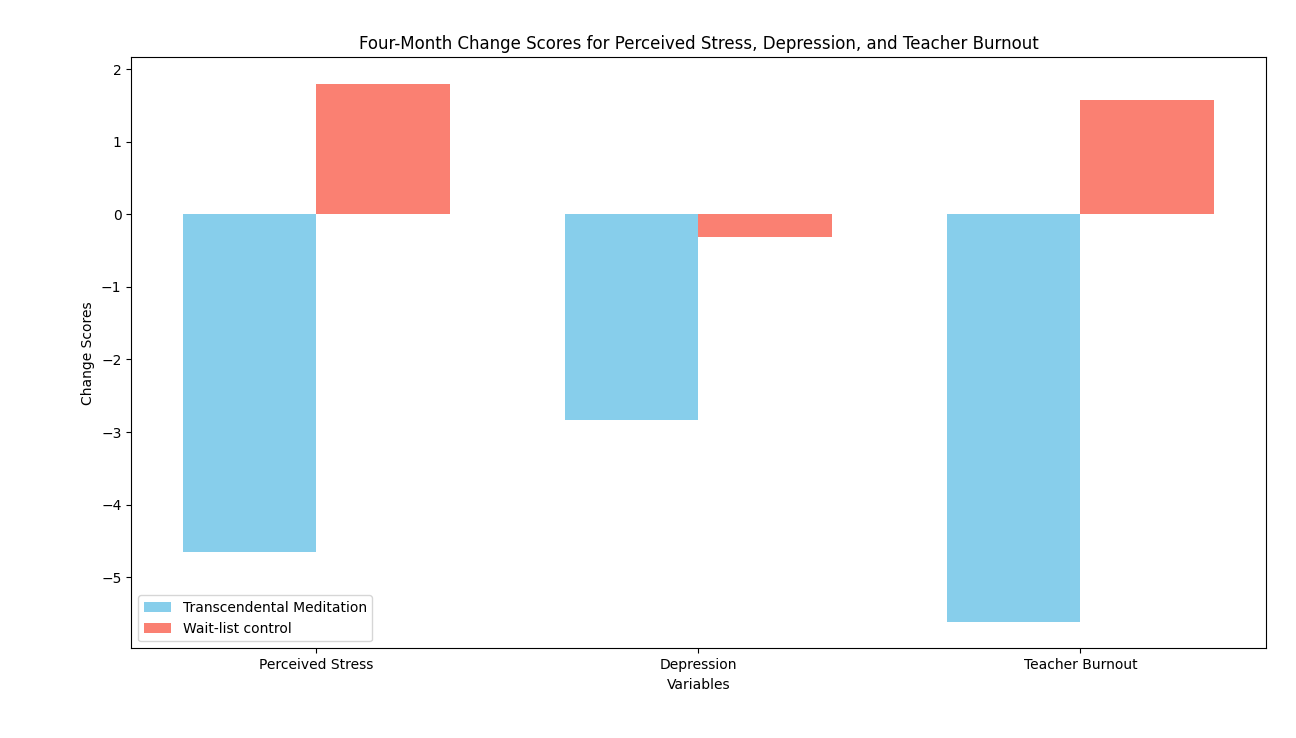
TM effectively reduced psychological distress among teachers and support staff at a therapeutic school. There were noteworthy implications for improved job performance, mental health, and physical well-being of employees.
2. A randomized controlled trial on the effects of the Transcendental Meditation program on blood pressure, psychological distress, and coping in young adults
Read our article on TM and Depression and how TM helps individuals to have a better life.
The aim was to evaluate how a mind-body intervention impacted blood pressure (BP), psychological distress, and coping in 298 randomly selected college students. Divided into TM and wait control groups, measurements for BP, psychological distress, anxiety, depression, anger, and coping were taken at the study’s start and after a 3-month period.
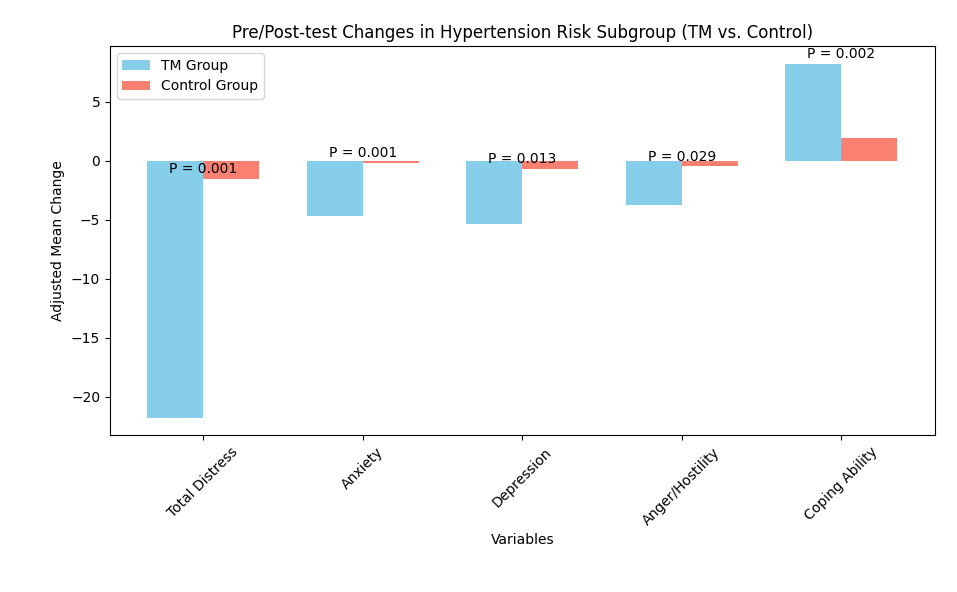
Results showed that the TM program led to lowered BP along with reduced psychological distress and improved coping abilities in young adults prone to hypertension. This suggests that implementing this mind-body program may lower the likelihood of future hypertension development in this demographic.
References:
- Elder C, Nidich S, Moriarty F, Nidich R. Effect of transcendental meditation on employee stress, depression, and burnout: a randomized controlled study. Perm J. 2014 Winter;18(1):19-23. doi: 10.7812/TPP/13-102. PMID: 24626068; PMCID: PMC3951026. https://www.ncbi.nlm.nih.gov/pmc/articles/PMC3951026/
- Nidich SI, Rainforth MV, Haaga DA, Hagelin J, Salerno JW, Travis F, Tanner M, Gaylord-King C, Grosswald S, Schneider RH. A randomized controlled trial on effects of the Transcendental Meditation program on blood pressure, psychological distress, and coping in young adults. Am J Hypertens. 2009 Dec;22(12):1326-31. doi: 10.1038/ajh.2009.184. Epub 2009 Oct 1. PMID: 19798037; PMCID: PMC3128829.
Implementation and Accessibility
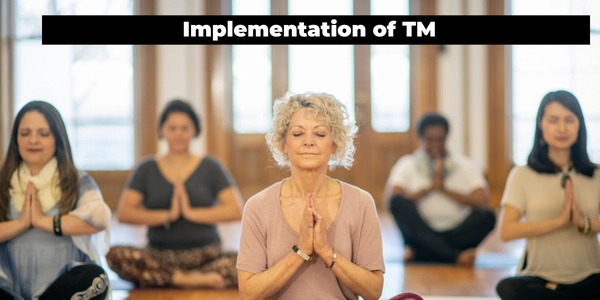
Transcendental Meditation (TM) is a widely practiced form of meditation designed to reduce stress and improve mental health, particularly in the context of depression. Implementing TM into daily life and accessing training resources is straightforward, but involves considerations such as practice guidelines and associated costs.
Guidelines for Practice
To begin Transcendental Meditation, individuals typically engage in 20-minute sessions twice a day. The practice requires no special equipment and can be performed in a quiet space without distractions. Consistency is key for effectiveness, with regular practice recommended for the best results in stress reduction and mood enhancement.
Training and Certification
For genuine TM practice, learning from a certified TM instructor is essential. These instructors are trained through a rigorous program, ensuring that they can effectively teach the technique. Interested individuals can find local training through organizations like the Transcendental Meditation program, where certified teachers provide personalized instruction.
Costs and Economic Factors
The cost of learning Transcendental Meditation varies, often depending on the region and the background of the instructor. However, it is generally considered a one-time investment for lifelong skills.
Some TM centers offer sliding scale fees or payment plans to accommodate various financial situations, aiming to make the practice more accessible.
The economic factors involved include the initial training fee as well as any potential costs for ongoing support, although the latter is typically minimal.
How can individuals learn TM and integrate it into their daily routine?
The practice of the Transcendental Meditation technique is typically learned through a certified instructor affiliated with organizations like the Maharishi Foundation. Students are guided on how to practice TM correctly and effectively to experience its potential benefits for mental and physical health.
Conclusion
The exploration of the relationship between Transcendental Meditation (TM) and depression reveals a promising avenue for addressing mental health challenges. Through an in-depth analysis of scientific research, it becomes evident that TM offers a potential solution in alleviating the burden of depression. The studies underscore the tangible benefits of TM, showcasing its ability to reduce psychological distress, manage anxiety, and mitigate depressive symptoms.
This practice emerges not only as a complementary approach but also as a viable method in enhancing mental wellness. As scientific evidence continues to validate the positive impact of TM on depression, it fosters hope for individuals seeking alternative avenues to manage and overcome the challenges of mental health disorders.
The growing body of research advocates for further exploration and integration of TM practices into mental health interventions, emphasizing its potential as an empowering tool in the pursuit of emotional well-being and resilience against depression.
FAQs on Transcendental Meditation and Depression
Is there any scientific evidence backing the effectiveness of TM in reducing depression?
Yes, there have been numerous studies that demonstrate the positive impact of practicing the Transcendental Meditation technique on reducing depression. Research findings indicate a significant reduction in symptoms of depression among individuals who regularly practice TM.
Can TM be used as a treatment for major depression?
The research on the Transcendental Meditation technique suggests that it may be beneficial as a complementary treatment for major depression. It is important to consult a healthcare professional for personalized advice, but the practice of TM has shown promising results in alleviating symptoms of major depressive disorders.
How does practicing TM contribute to the reduction of stress and depression?
The practice of the Transcendental Meditation technique is believed to have a calming effect on the mind and body, which may help in reducing stress and symptoms of depression. It offers a natural way to manage and alleviate stress-related conditions, including depression.
Are there any renowned figures who have endorsed or promoted the practice of TM for mental and physical health?
Yes, filmmaker David Lynch is a notable advocate for TM and its potential benefits for mental and physical well-being. He established the David Lynch Foundation, which aims to promote the practice of TM as a tool for alleviating stress and trauma-related conditions.
Can practicing Transcendental Meditation help in relieving post-traumatic stress or trait anxiety?
Research findings suggest that the practice of TM may offer potential benefits in alleviating post-traumatic stress and trait anxiety. It is recommended to explore this approach in conjunction with professional guidance for comprehensive support.
What do research studies indicate about the impact of TM on stress and burnout?
Research studies have indicated that the practice of the TM may help in reducing stress and burnout. This suggests that incorporating TM into one’s routine could potentially contribute to better stress management and overall well-being.
Are there any legal notices or copyrights associated with the practice of TM?
Yes, the practice of the TM technique is a registered trademark, and all rights are reserved by the Maharishi Foundation USA. It is important to respect the intellectual property and trademarks associated with the practice of TM while seeking to learn and utilize its techniques.
